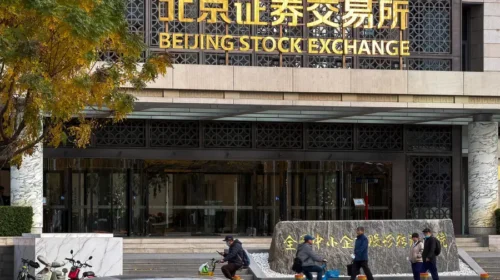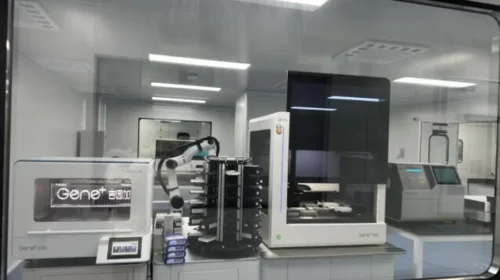FAST NEWS: TuSimple, Navistar Terminate Co-Development Deal

The Latest: Autonomous truck technology company TuSimple (TSP.US) said on Tuesday it has terminated its partnership with Navistar, a maker of commercial trucks and buses.
Looking Up: TuSimple said termination of the deal “does not preclude the companies from working together in the future,” meaning the latest decision could simply be temporary.
Take Note: The loss of Navistar as a development partner marks a major setback for TuSimple, which still counts other major truck companies including UPS (UPS.US) and Volkswagen’s (VOW.DE) Traton SE unit as other partners.
Digging Deeper: TuSimple is a leading developer of autonomous truck technology, allowing it to attract such big names as Navistar, UPS and Traton as development partners. But the company was plunged into chaos at the end of October after its board suddenly fired its chairman and chief technology officer for failing to disclose his dealings with another autonomous truck company. Just two weeks later, the fired chairman, together with TuSimple’s other co-founder, fired the company’s entire board and its interim CEO. The turmoil may have been a factor behind Navistar’s decision to at least temporarily halt its partnership with TuSimple.
Market Reaction: TuSimple’s shares fell 19% in Tuesday trade in New York after the announcement. The stock is down more than 70% since the turmoil at the company began at the end of October.
Reporting by Doug Young
To subscribe to Bamboo Works weekly free newsletter, click here





